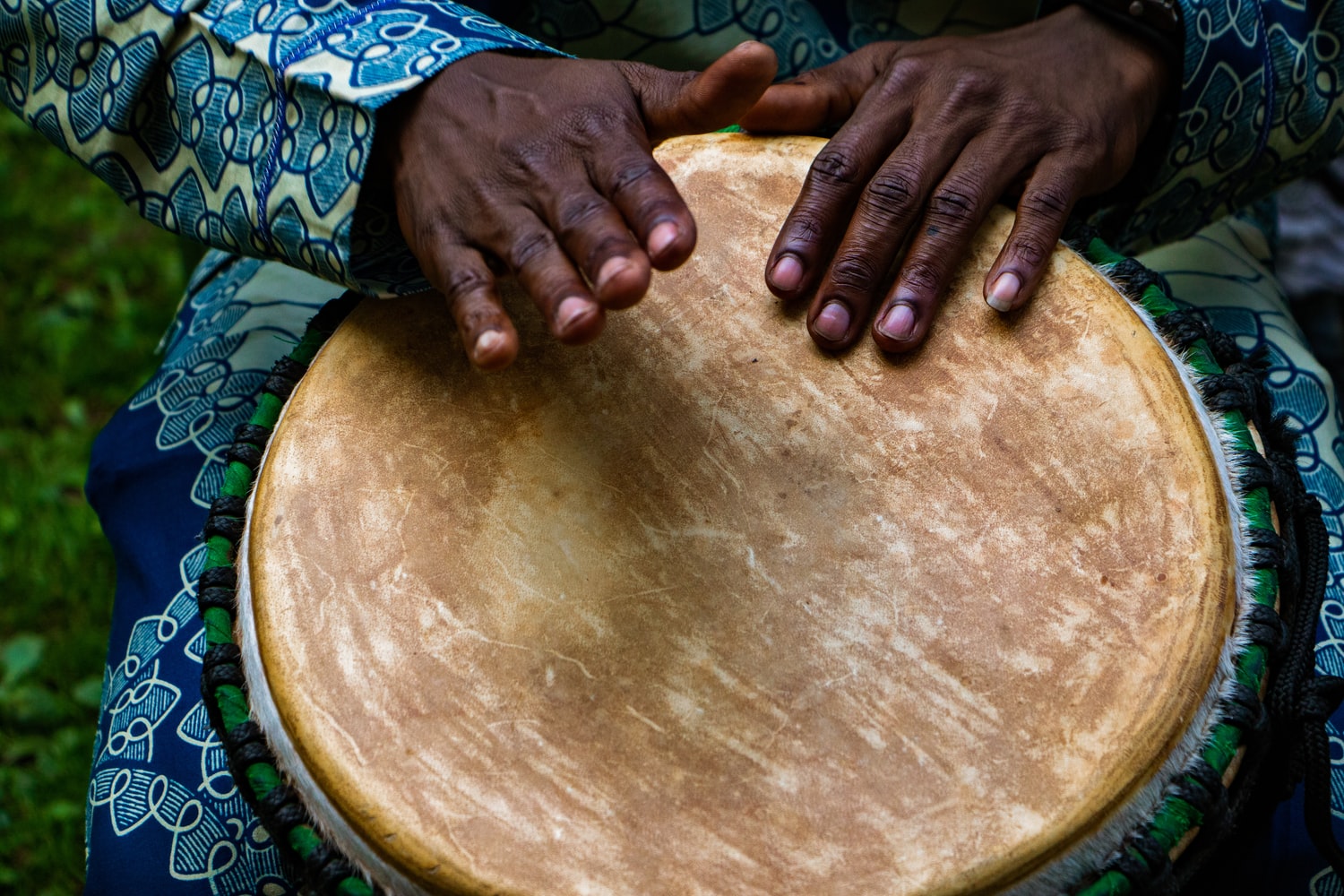Introduction
Ever since Christianity came to our shores, it was seen by many of our people as a foreign religion coming to replace African culture. What gave this claim even more weight was the fact that many early missionaries equated becoming a Christian with becoming civilized (as they put it), and so early converts to Christianity were also expected to change their clothes, learn a new language, and adopt cultural expressions and practices that were very foreign to their people. For a long part of our history, African traditional religion and indigenous cultures were seen as inferior, barbaric and backwards.
However, in the last few decades, particularly this last decade, there has been a newfound pride in African culture. In South Africa, people are happy to have traditional wedding ceremonies instead of white weddings. On social media, you even have celebrity Sangomas who will DM you and tell you what your ancestors want from you.
In a world like this, to hold a position that Christianity is not compatible with African Traditional religion is to run the risk of being accused of abandoning your African roots at the altar of western culture. So how does the Gospel interact with culture?
The Gospel and Human Cultures
According to the dictionary, culture is described as: the ideas, customs, and social behaviour of a particular people or society.
If you take any group of people, over time they will develop behaviours and practices that are common to them. Their shared experience will give them a particular outlook on the world. These collective behaviours, practices, ideas, and customs become their culture.
Our cultures are also an expression of our identity and existence as human beings. They reflect God’s purposes and order that He created us for in Genesis 1&2. Through many of our customs, we express our morality and dominion over the earth, we celebrate the miracle of life, and we also mourn the loss of a life of a person made in the image of God. Through culture, we express our belief in the afterlife and the worship of a higher power.
But our cultures also demonstrate our rebellion against God as outlined in Genesis 3. Through the same cultures, we perform untold evil, we oppress the weak, and we fight against one another, but more importantly, through our cultures, we can worship false gods and idols (Romans 1:21-23).
African Traditional Religion (ATR)
So where does that leave us with ATR and our indigenous cultures? Well, on the one hand, we should celebrate them as an expression of us being made in the image of God. There are many good and Godly qualities that we learn from African cultures. We learn the value of human life, the value of community and respect for elders. Our cultures give us a sense of belonging and of identity, and those are all gifts from God.
Sadly, sin has taken that which was good and poisoned it. We exchanged the glory of God for things that were not God. In ATR, we have exchanged our direct access to God and we mediated this through our ancestors who have died. Blessings and curses don’t come from God directly, but through them, and so we fear and venerate them over God. In Deuteronomy 19, the Old Testament is clear that divination and speaking to the dead are against God’s will.
The Lord Jesus was even clearer when He spoke about how to access God. John 14:6 reads, “I am the way and the truth and the life. No one comes to the Father except through me.
John 14:6 gives us hope because God knew that we and our cultures have fallen short of His glory. He knew that death was an enemy we could not defeat, so He provided a way for us to be saved, and that was through His Son Jesus who died for us, but He did not stay dead, He was resurrected physically and now mediates on our behalf.
We no longer have to fear anything because our King has overcome death. Demons fear and tremble before Him, witchcraft had no power over Him and will not have any power over us in Christ. Our future is not determined by the wrath of our ancestors, for we are not under their rule, but are children of God (1 John 4:4).
So, what do we do with our African Traditions now as Christians? The choice should not be between African culture and western culture, because the Gospel not only transcends it, but also transforms our cultures. As Christian’s, whether Zulu or Afrikaners, we are to be renewed by the Word of God into the image of Christ (Colossians 3:10-11) and this should become our dominant identity and the lens through which we view and assess all our other identities and cultures that we fall under.










